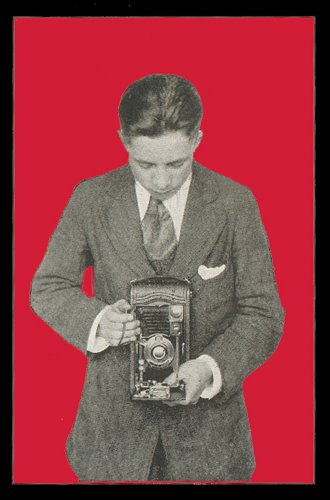Bob's Record Collection

It's that time of year again. No, not Memorial Day. It's Bob Dylan's birthday. I've had a few people ask me, "What's up with all the Bob Dylan?" Well, he is Bob Dylan, our greatest living songwriter. Even well into his sixties he continues to write songs as good as anyone else. In fact, he may he just be hitting his stride. The last three records contain some of his best songs. Anyway, trying to explain to someone "What's so good about Bob Dylan?" is like trying to explain "What's so good about the pyramids?" My friend Mike says we don't even know how good he is. What he means, is that after we're all dead and gone, people are still gonna be listening to Bob Dylan and talking about his songs - just like someone's gonna be reciting Hamlet's soliloquy somewhere in some production in some park 500 years after the fact. We are not going to listen to Bob Dylan's songs today, rather we're gonna listen to the songs he liked enough to record or make a pass at, at some studio session or in a basement with other like minded souls. In an early interview Dylan referred to himself as "a song and dance man." The best interpretors are often the best songwriters, and the best artists are often the craftiest thieves.
Happy Birthday Bob.
Download:
"Big River" mp3
by Johnny Cash and The Tennessee Two, 1957.
available on The Complete Sun Recordings 1955-1958
"I Don't Hurt Anymore" mp3
by Hank Snow, 1954.
available on The Essential Hank Snow
"You Win Again" mp3
by Hank Williams, 1952.
available on 40 Greatest Hits
"Bring It To Jerome" mp3
by Bo Diddley, 1955.
available on I'm a Man: The Chess Masters, 1955-1958
"I'm In The Mood" mp3
by John Lee Hooker, 1951.
available on The Legendary Modern Recordings 1948-1954
"Big River" (Take 2) mp3
"I Don't Hurt Anymore" mp3
"You Win Again" mp3
"Bring It On Home" mp3
"I'm In The Mood For Love" mp3
by Bob Dylan and The Band, 1967.
available on The Genuine Basement Tapes
"Lost Highway" mp3
by Hank Williams, 1949.
available on 40 Greatest Hits
"I Can't Get You Off Of My Mind" mp3
by Hank Williams, 1948.
available on Gold
"(I Heard That) Lonesome Whistle" mp3
by Hank Williams, 1951.
available on 40 Greatest Hits
"Lost Highway" mp3
by Bob Dylan, 1965.
with Joan Baez - Hotel Room Recording
available on 1965 Revisited
"I Can't Get You Off Of My Mind" mp3
by Bob Dylan, 2001
available on Timeless: Hank Williams Tribute
"(I Heard That) Lonesome Whistle" mp3
by Bob Dylan,1963.
available on The Freewheelin' Bob Dylan Outtakes
"Blue Yodel" mp3
by Jimmie Rodgers, 1927.
available on Recordings 1927-1933
"Miss The Mississippi" mp3
by Jimmie Rodgers, 1932.
available on Recordings 1927-1933
"Matchbox" mp3
by Carl Perkins, 1957.
available on Original Sun Greatest Hits
"Step It Up And Go" mp3
by Blind Boy Fuller, 1940.
available on Blind Boy Fuller, Vol. 2
"Blue Yodel" mp3
by Bob Dylan and Johnny Cash, 1969.
available on The Dylan-Cash Sessions
"Miss The Mississippi" mp3
by Bob Dylan, 1992.
available on Fourth Time Around: Genuine Bootleg Series Vol. 4
"Matchbox" mp3
by Bob Dylan, 1969.
w/ George Harrison
available on Almost Went To See Elvis
"Step It Up And Go" mp3
by Bob Dylan, 1992.
available on Good as I Been to You
This post was removed from Blogger without any warning on January 13, 2009 - nearly eight months after it was posted - under the Digital Music Copyright Act. They have failed to inform me which tracks are in question, so I've reposted it. It was one the most popular posts here ever, and one of my personal favorites. All of the mp3 links are no longer active, and I am reposting it only to maintain continuity and for viewing purposes.


























